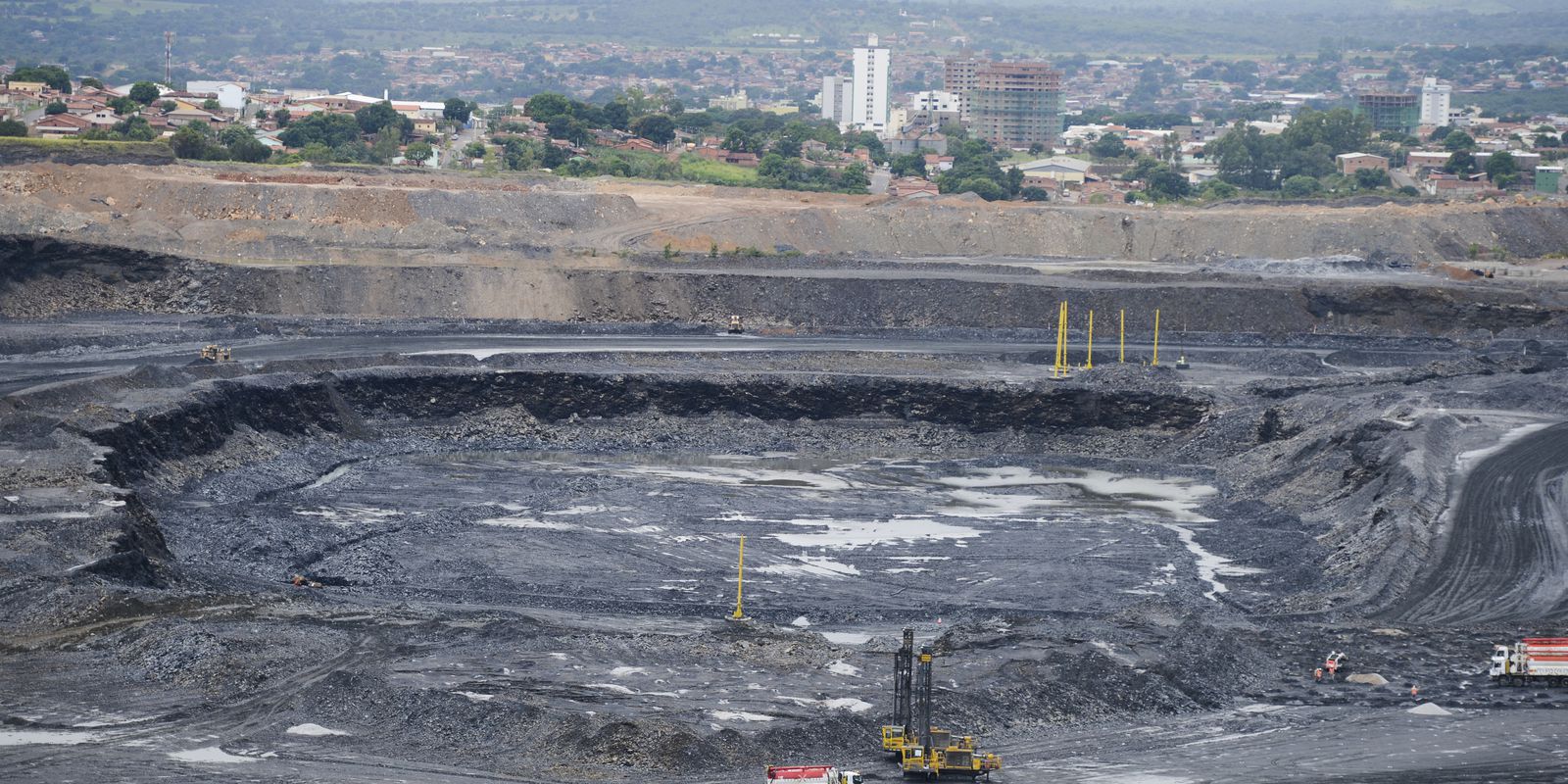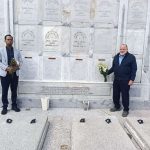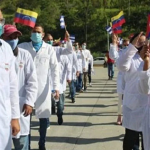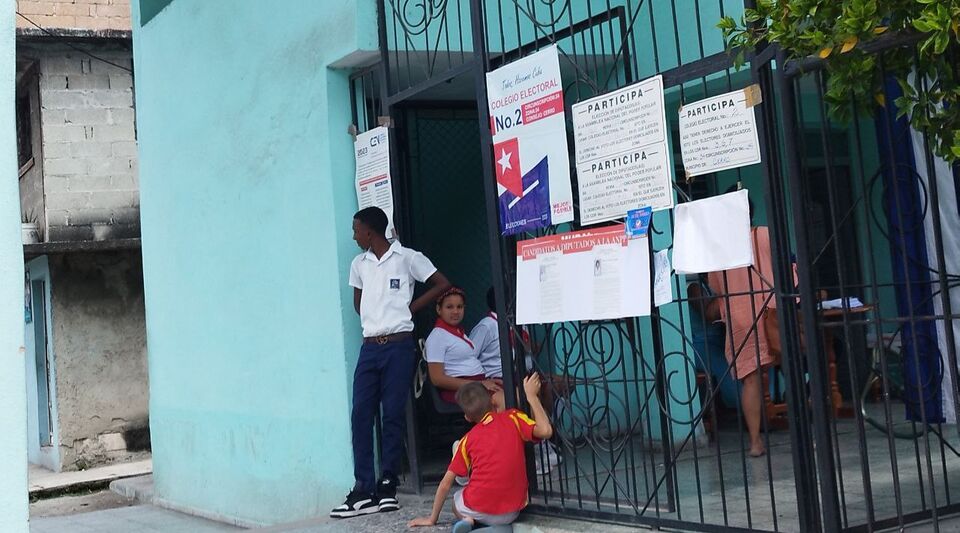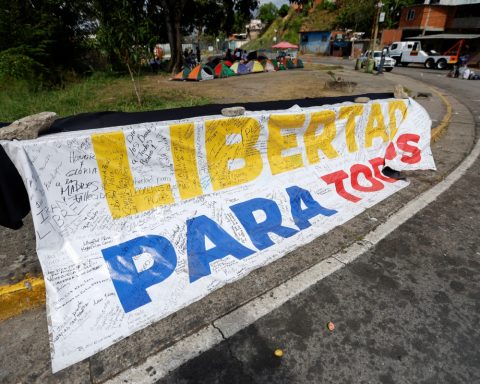The Mining Observatory and the socio-environmental monitor Sinal de Fumaça launched today (27) the report Pure dynamite: how the Bolsonaro government’s mineral policy set up a climate and anti-indigenous bomb, in which they examine how the chain of measures that favored the sector occurred. In addition, as the name of the document indicates, there is an analysis of the impacts of the directives then adopted, which still require care from the current management.
In the evaluation of the entities, the decisions of the period can be summarized as “the explosive combination between contempt for territorial and human rights and a sophisticated strategy of lobby corporate”. The document points out that the implementation of actions of interest to the sector’s business community and investors was possible thanks to the adhesion of parliamentarians.
That is, the deals aimed at increasing the segment’s profit, including benefiting transnationals, covered the entire Esplanada dos Ministérios, reaching the National Congress. One of the memories in this regard was the launch of the Mixed Parliamentary Front for Mining, of 236 deputies and senators, which took place in June 2019 and, according to the report, paid more attention to mining by small and medium-sized entrepreneurs.
During Bolsonaro’s four years in the Planalto Palace, write the entities, both industrial mining and illegal mining live “golden years, in theory, in practice and with hundreds of billions of reais invested in the domestic and global markets. 84 pages long, the authors of the report cover, month by month, facts such as the rupture of the Brumadinho dam (MG) and the federal government’s goal of allowing foreign companies to explore Brazil’s uranium reserves, of around 609,000 tons.
The year 2019 had not come to an end and the Ministry of Mines and Energy proposed that mining inside national forests (flonas) be released. Flonas are, by definition, a category of area that should have special protection from the State, a unit of conservation.
The report also highlights points such as the lack of inspectors in certain places, so that there are no barriers to the practice of illegalities in the search for metals. A case cited is that of embezzlement in the states of Pará and Amapá. “Only in Itaituba [município paraense]on the banks of the Tapajós River, more than 18,000 requests for mining permits are awaiting analysis by the agency”, add the authors of the study, in order to show the dimension of the vulnerability of the region, since Kayapó and indigenous peoples live along the river Munduruku, two of the three people most affected by mining, along with the Yanomami.
press as enemy
For the director of the Mining Observatory, Maurício Angelo, an indication that the government’s actions represented threats to the environment and to a set of rights is the attitude of the authorities towards journalists. “In a very clear and deliberate way, they decided not to respond to the press, either through official channels, through press offices, or by making it very difficult to obtain information through the Access to Information Law”, says he, who is also a researcher at the Center of Sustainable Development at the University of Brasilia (UnB).
“Reading everything in the sequence of the facts also reminds me of how the mining theme was much less highlighted in the public debate, in the press coverage, in the social commotion, in the interface with socio-environmental guidelines. You had the big accidents, like Brumadinho, but that it didn’t turn into a critical mobilization of organized society, and I think a lot went through that we couldn’t even react to”, adds the coordinator of the Smoke Signal monitor, Rebeca Lerer.
Maurício Angelo considers that the current configuration of the Houses of the National Congress should not help in the reversal of matters approved during the Bolsonaro government, nor in the attempts to stop others that are processed and go to plenary, as is the case of the Bill (PL) 191/2020 that authorizes exploration in indigenous lands. “Obviously, despite parliamentarians from the center, center-left, left, Congress is still, mostly, from the right and allied with these guidelines that are of interest to the mining industry and agribusiness”, he says, adding that the militarization of organs how then National Indian Foundation (Funai) also contributed to the situation denounced in the report.
Regarding the possibility of the international community exerting significant pressure, to the point of curbing excesses by mining companies, the director considers that the level of collection is lower than in cases involving only deforestation, for example. Even if deforestation and mining maintain a strong relationship.
“As the world has a very large demand to supply these essential, strategic minerals, in the coming years, mining projects are seen as necessary and there is no criticism, a critical bias of these agreements that are made. On the contrary, it is seen as something necessary, positive, that has to be carried out, regardless of the government, whether here in Brazil or abroad, which, of course, generates and will generate several socio-environmental impacts in the future as well”, he argues.
A Brazil Agency sought advice from former President Jair Bolsonaro, but received no response. The report also unsuccessfully tried to contact former Minister of Mines and Energy Bento Albuquerque, who remained in office for the longest time, from January 2019 to mid-May 2022.
